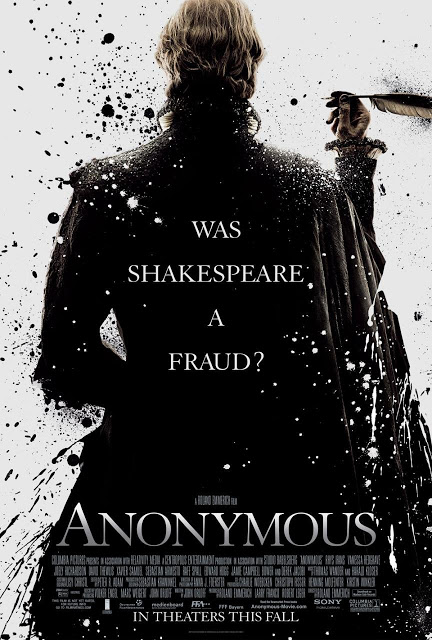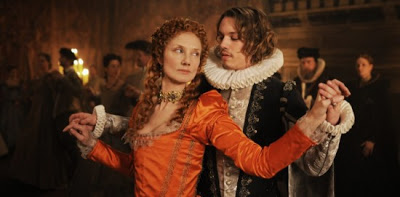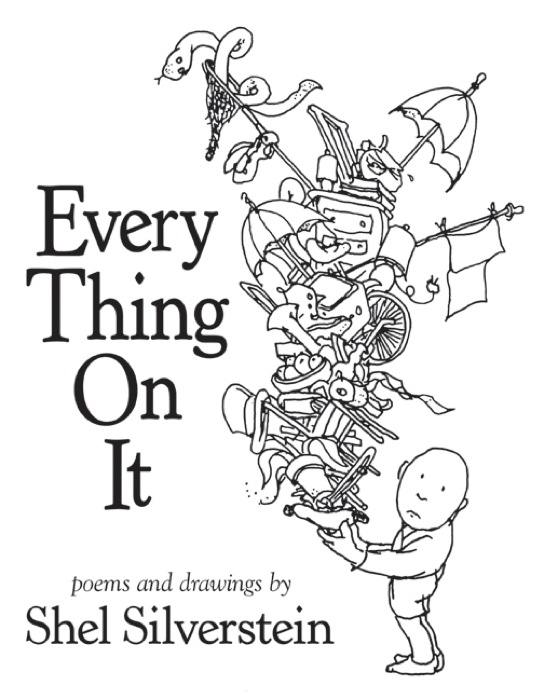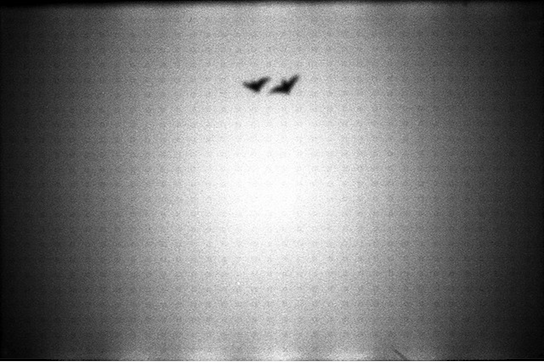– See more at: http://shewritesandrights.blogspot.com/search?updated-max=2011-11-18T23:38:00-05:00&max-results=5&start=80&by-date=false#sthash.pMWFXiJF.dpuf
What I Learned from My Mother
by Julia Kasdorf
I learned from my mother how to love
the living, to have plenty of vases on hand
in case you have to rush to the hospital
with peonies cut from the lawn, black ants
still stuck to the buds. I learned to save jars
large enough to hold fruit salad for a whole
grieving household, to cube home-canned pears
and peaches, to slice through maroon grape skins
and flick out the sexual seeds with a knife point.
I learned to attend viewings even if I didn’t know
the deceased, to press the moist hands
of the living, to look in their eyes and offer
sympathy, as though I understood loss even then.
I learned that whatever we say means nothing,
what anyone will remember is that we came.
I learned to believe I had the power to ease
awful pains materially like an angel.
Like a doctor, I learned to create
from another’s suffering my own usefulness, and once
you know how to do this, you can never refuse.
To every house you enter, you must offer
healing: a chocolate cake you baked yourself,
the blessing of your voice, your chaste touch.
[Photo.] – See more at: http://shewritesandrights.blogspot.com/search?updated-max=2011-11-18T23:38:00-05:00&max-results=5&start=80&by-date=false#sthash.pMWFXiJF.dpuf





